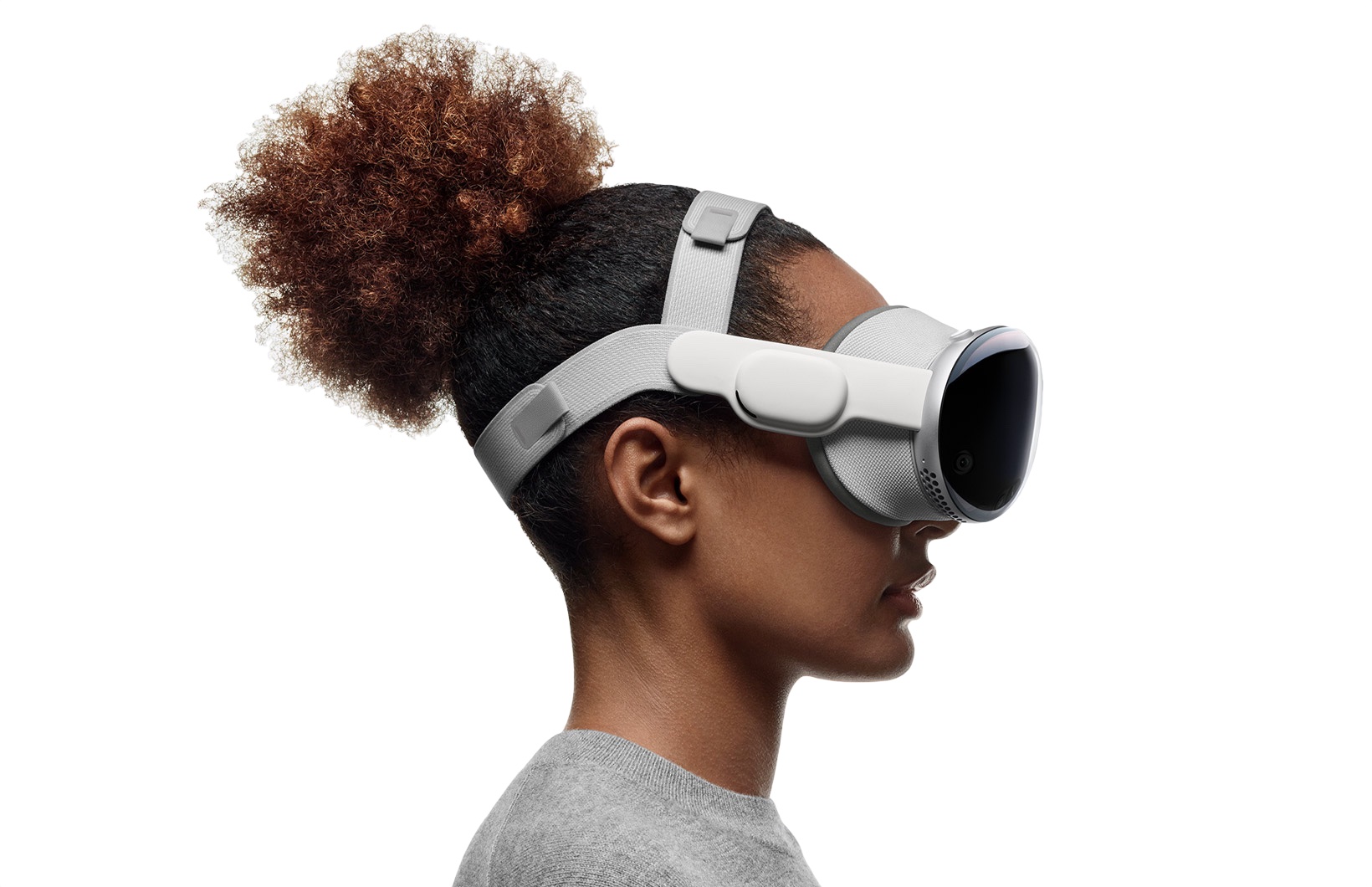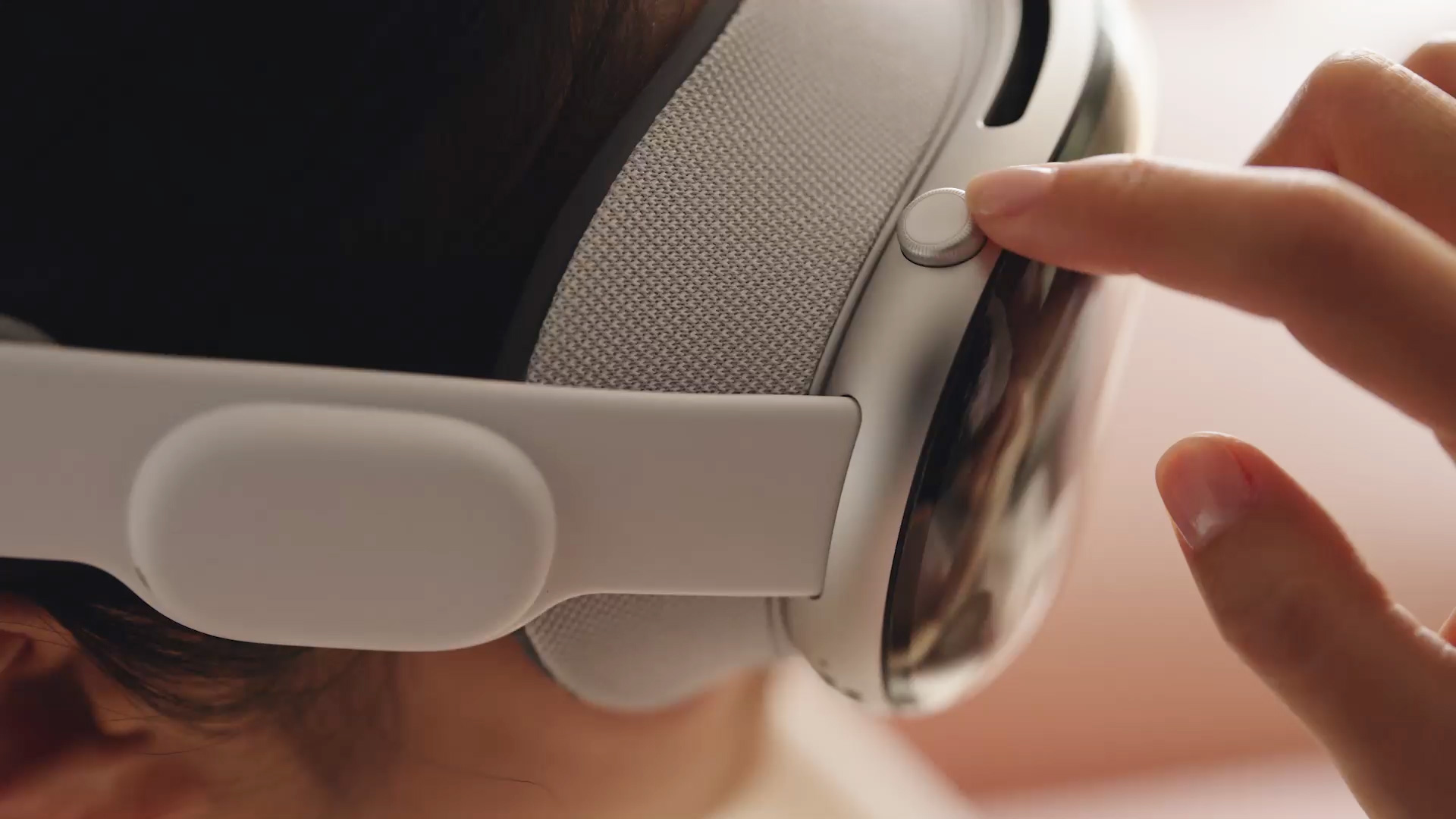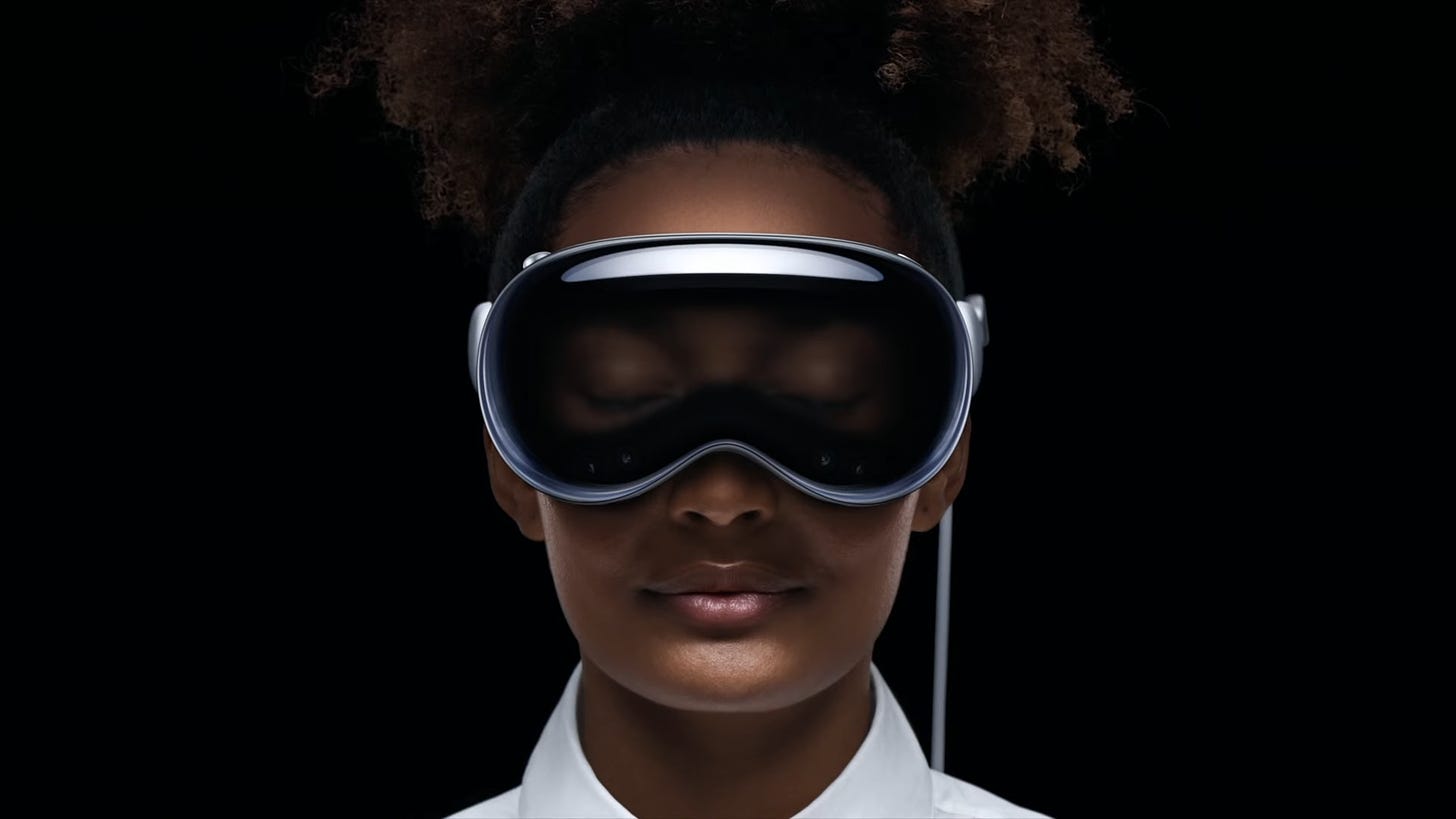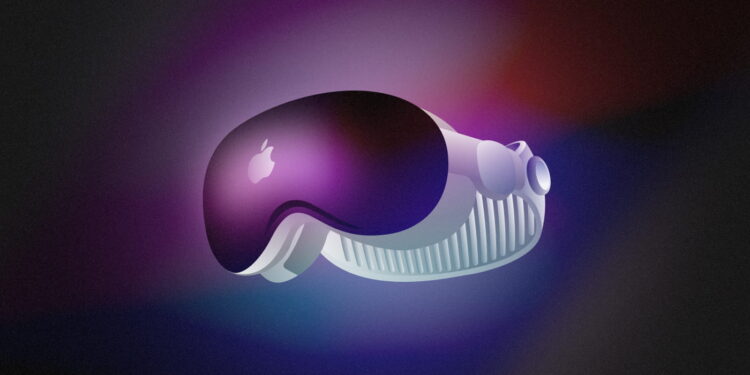As the tech world braces for more immersive experiences, Apple Inc. is setting the stage for a groundbreaking shift in its strategy. With its new, budget-friendly iteration of the Vision Pro headset, Apple is not only addressing consumer criticisms but also directly challenging Meta Platforms Inc. This move marks a pivotal moment for the iPhone maker as it gears up to release its first-generation mixed-reality device next year.
The announcement, made by Bloomberg columnist Mark Gurman in his recent “Power On” newsletter, highlights a significant development in Apple’s product line. Gurman reports that Apple’s Vision Pro team is diligently working on four new devices aimed at addressing the previous generation’s shortcomings, including the hefty weight, steep pricing, and discomfort from excessive heat. Among these upcoming innovations is a more accessible version of the Vision Pro, priced at around $2,000, which is expected to double the product’s unit sales.

The Vision Pro’s Lower Cost Model: A Game Changer?
In a competitive move against Meta’s relatively successful Ray-Ban smart glasses and forthcoming AI-powered Orion glasses, Apple’s cheaper Vision Pro could be a game-changer. Meta’s success with lightweight, affordable tech wearables has evidently prompted Apple to rethink its strategy, pushing it to deliver innovations at a faster pace. As Gurman pointed out, “The bigger problem for Apple right now is that it’s not getting new technology out the door quickly enough.” This observation underscores a critical challenge for Apple, which has often been viewed as a pioneer in new technologies.
Moreover, the tech giant is reportedly planning to introduce a second-generation Vision Pro by 2026 and potentially launch its own smart glasses and camera-equipped AirPods by 2027. These developments suggest that Apple is keen on not just catching up but possibly overtaking Meta in the wearable tech field.

Meta and Apple: A Comparison of Visions and Challenges
Meta, under Mark Zuckerberg’s leadership, has recently unveiled new AI features and holographic Orion glasses, described by Zuckerberg as the “first-ever full holographic augmented reality glasses.” This innovation is part of Meta’s broader strategy to dominate the AR and VR markets. Meanwhile, Apple’s reluctance to quickly adopt new technologies, as highlighted by Gurman, reflects a strategic caution that contrasts with Meta’s aggressive expansion.
Interestingly, the tech rivalry extends beyond product launches. Apple has previously turned down a proposal from Meta to integrate its AI chatbot, Llama, into the iPhone, citing privacy concerns. This decision illustrates the differing paths the two giants are taking, especially in how they integrate AI and user privacy in their ecosystems.

Looking Ahead: What This Means for the Tech Industry
As Apple gears up to launch its more affordable Vision Pro next year, the tech industry is watching closely. Will this strategic pivot help Apple reclaim its spot as a leader in innovation, or will it further embolden Meta’s position at the forefront of the AR and VR markets? Only time will tell, but one thing is clear: the competition is heating up, and the stakes are higher than ever in the race to redefine the consumer tech experience.










